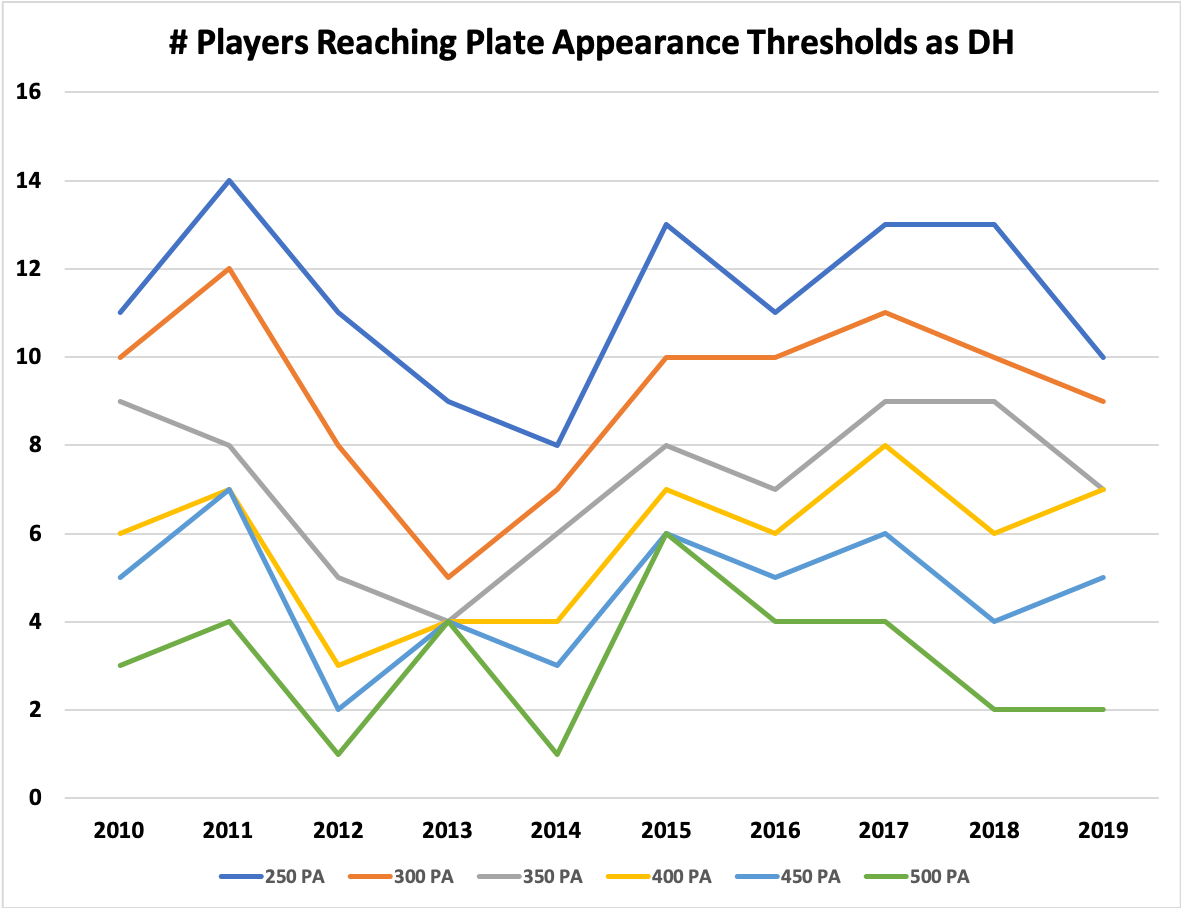2021 ZiPS Projections: Washington Nationals
After having typically appeared in the hallowed pages of Baseball Think Factory, Dan Szymborski’s ZiPS projections have now been released at FanGraphs for nine years. The exercise continues this offseason. Below are the projections for the Washington Nationals.
Batters
There are a lot of names from the 2019 World Series championship that are no longer here, but the two most important ones are: Juan Soto and Trea Turner. After missing Opening Day due to a positive COVID-19 test result, Soto made up for lost time, playing like a man possessed and hitting .351/.490/.695, one of those lines mainly produced by players with Hall of Fame plaques. He now has a 152 wRC+ in 1,349 major league plate appearances and turned 22 a month after his season ended.
There are 14 players in major league history with a wRC+ of at least 130 in at least a thousand plate appearances before their age-22 season. The two other active players besides Soto, Mike Trout and Ronald Acuña Jr., are two of the other brightest young superstars in the game (or at least youngish in Trout’s case). Another is Tony Conigliaro, one of the game’s saddest examples of a brutal injury derailing a career. Everyone else on the list is a Hall of Famer. And I’m not talking run-of-the-mill Hall of Famers; this is a list that features Jimmie Foxx, Rogers Hornsby, Ty Cobb, and Mickey Mantle. The worst of this group is either Ken Griffey Jr. or Arky Vaughan. As such, Soto gets Ted Williams as his top offensive comp at his age. Not the Ted Williams who played in the minors for the Mariners, not a data error that led to an odd result, but the Ted Williams. I believe this is a first.
No matter where the Nats go from here, the team’s first priority ought to be locking up Soto’s services with a very, very lucrative contract for a very, very long time. Whether rebuilding, retooling, or pushing in the whole stack of chips, Soto is a foundational talent any team can build around. I’m a fan of Bryce Harper, but he was no Soto. Read the rest of this entry »

